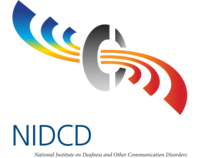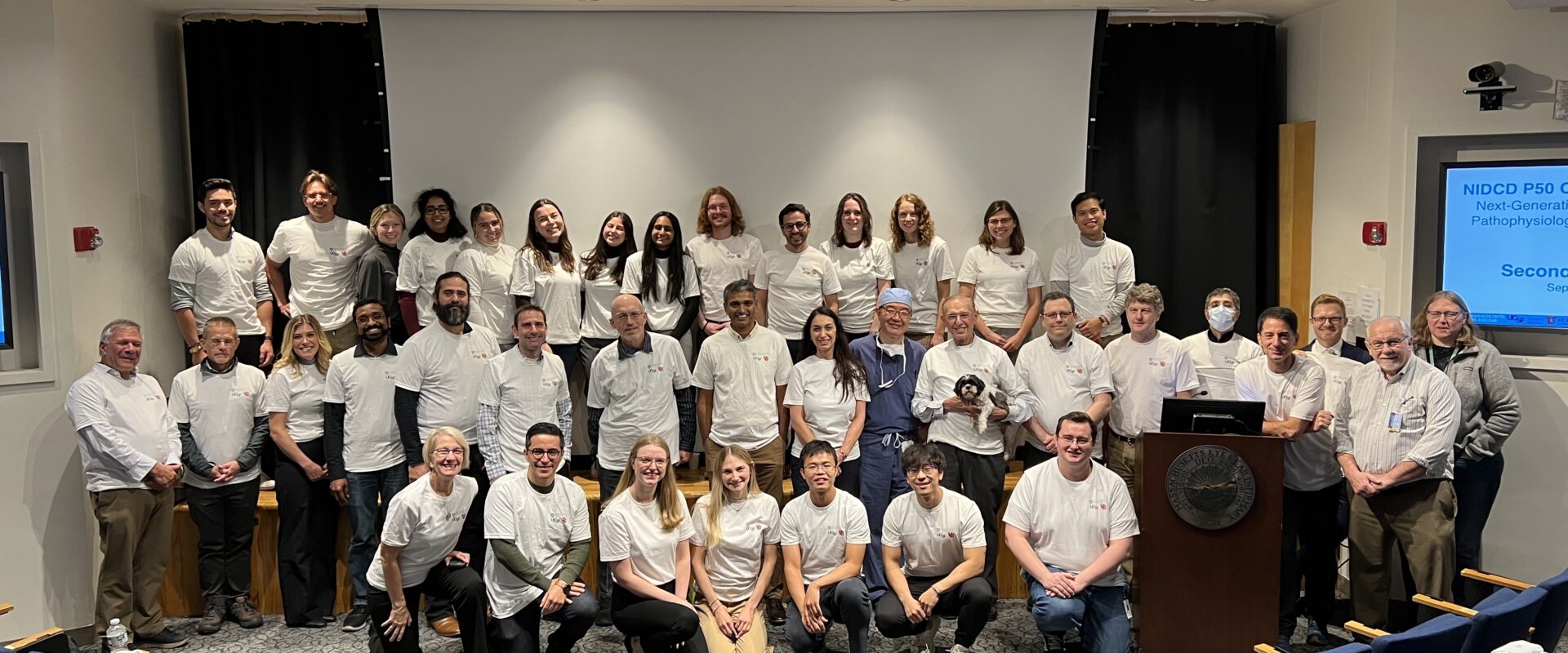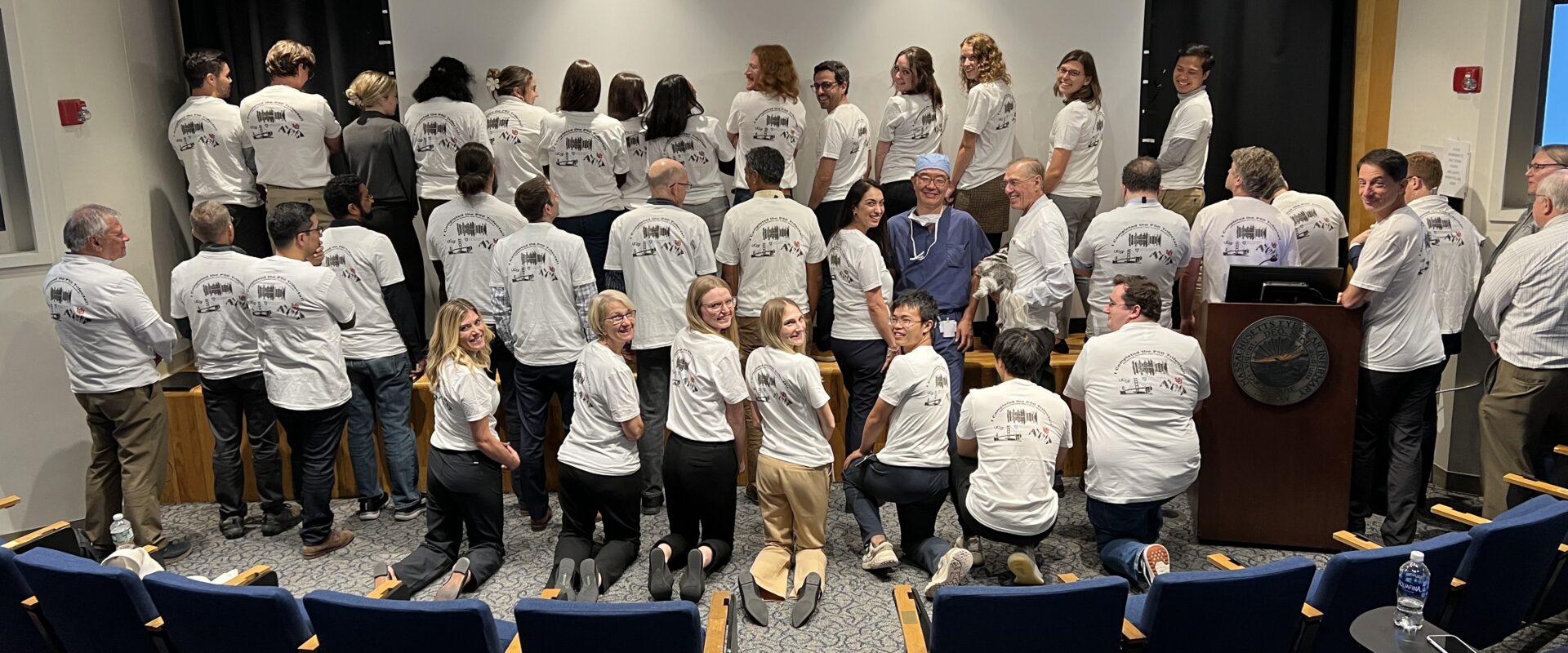NIH/NIDCD P50 Clinical Research Center
Laryngeal dystonia (LD) and voice tremor (VT) are hyperkinetic neurological disorders that significantly impair voice and speech production and negatively impact the patient’s quality of life, extending beyond speech motor alterations and often causing occupational disability and life-long social isolation. The standards of clinical care of LD and VT are not established; that is, the differential diagnostic criteria remain vague, leading to a high rate of misdiagnosis, whereas treatment is largely limited to temporary symptom management with botulinum toxin injections into the affected laryngeal muscles.
One of the major causes of suboptimal clinical care of these patients is the limited understanding of their distinct clinical characteristics and neural pathophysiology. The mission of this NIH/NIDCD P50 Clinical Research Center is to conduct a multi-institutional, cross-disciplinary research with the focus on the delineation of unique clinical and pathophysiological features of LD and VT in order to establish the fundamental framework for the enhanced clinical management of these disorders, including their accurate diagnosis and disorder-specific therapies.
The Center goals are being accomplished through collaborative clinical research studies at Massachusetts Eye and Ear (MEE), Massachusetts General Hospital (MGH), University of California San Francisco (UCSF), and University of Utah.
The overall goals of this Center are (1) Characterization of clinical phenotypes of LD and VT; (2) Understanding disorder-specific neural pathophysiology in LD and VT; (3) Deep brain stimulation in LD and VT, and (4) Machine-learning platforms for differential diagnosis of LD and VT.
We expect that our cross-disciplinary and collaborative Center, encompassing the expertise in otolaryngology, speech-language pathology, neurology, neurosurgery, brain and larynx imaging, invasive neurophysiology, and clinical neuroscience and applying complementary multimodal methodologies across these fields, will have a significant positive impact on developing new knowledge about the links between symptomatology and pathophysiology of LD and VT, which will help define the new standards of enhanced clinical care of these disorders.

The P50 Clinical Research Center is supported by the National Institute on Deafness and other Communication Disorders




 Dystonia and Speech Motor Control Laboratory | Department of Otolaryngology-Head & Neck Surgery, Massachusetts Eye and Ear and Harvard Medical School | 243 Charles Street, Suite 421 | Boston, MA 02114 |
Dystonia and Speech Motor Control Laboratory | Department of Otolaryngology-Head & Neck Surgery, Massachusetts Eye and Ear and Harvard Medical School | 243 Charles Street, Suite 421 | Boston, MA 02114 |